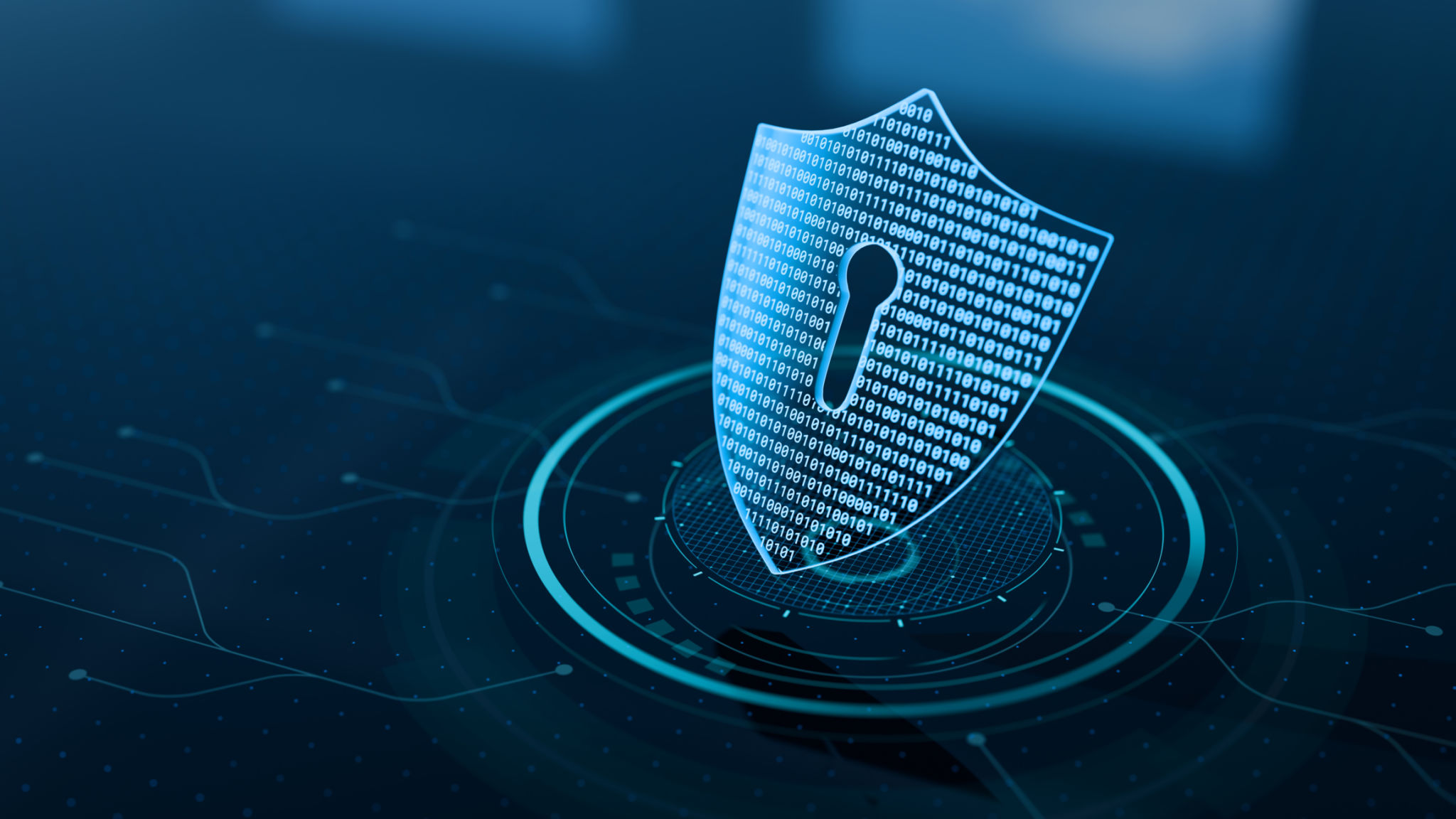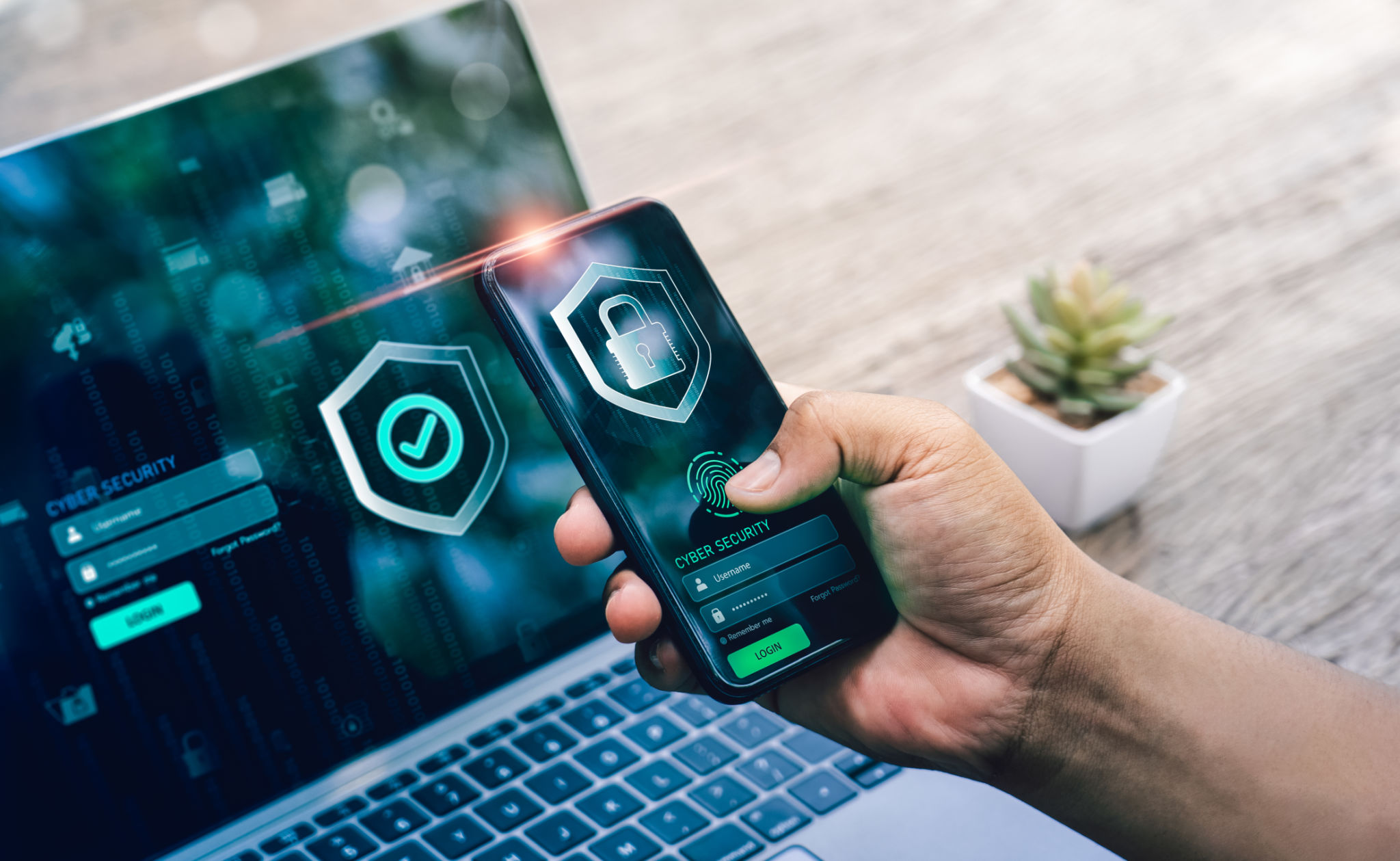Best Practices for Protecting Personal Identifiable Information (PII) in SMBs
Understanding Personal Identifiable Information (PII)
In today's digital age, safeguarding Personal Identifiable Information (PII) is crucial, especially for Small and Medium-sized Businesses (SMBs). PII includes any data that can be used to identify an individual, such as names, addresses, social security numbers, and more. As SMBs handle significant amounts of PII, implementing best practices for protection becomes essential to maintain trust and comply with legal requirements.

Implementing Strong Access Controls
One of the primary methods to protect PII is by implementing strong access controls. Limiting access to sensitive information ensures that only authorized personnel can view or manage this data. Employing role-based access control (RBAC) allows SMBs to restrict data access according to employees' roles and responsibilities, minimizing the risk of unauthorized access.
Use Multi-factor Authentication (MFA)
Adding an extra layer of security through Multi-factor Authentication (MFA) is another effective way to protect PII. MFA requires users to provide two or more verification factors to gain access to a system. This significantly reduces the likelihood of unauthorized access, even if passwords are compromised.

Regularly Update and Patch Systems
Keeping systems and software up to date is critical in protecting PII from potential vulnerabilities. Cyber threats are continually evolving, and outdated software can be an easy target for attackers. Regularly applying patches and updates ensures that security flaws are addressed promptly, reducing the risk of data breaches.
Conduct Regular Security Audits
Conducting regular security audits helps identify potential vulnerabilities and gaps in your security protocols. These audits provide insights into areas that require improvement and help ensure that your PII protection measures align with current best practices. Consider hiring third-party experts for comprehensive audits.

Educate and Train Employees
Employees play a vital role in safeguarding PII. Providing regular training on data protection best practices ensures that employees are aware of their responsibilities concerning handling sensitive information. Training should cover topics such as identifying phishing attempts, secure password management, and reporting suspicious activities.
Create a Culture of Security
Building a culture of security within your organization emphasizes the importance of protecting PII at every level. Encourage employees to adopt a security-first mindset by recognizing and rewarding proactive behavior regarding data protection. A strong security culture can significantly reduce the risk of human errors leading to data breaches.

Develop a Comprehensive Data Breach Response Plan
Despite taking preventative measures, data breaches can still occur. Having a comprehensive data breach response plan in place ensures that your business can respond quickly and effectively to minimize damage. The plan should include steps for identifying the breach, containing it, notifying affected individuals, and taking corrective actions.
By implementing these best practices, SMBs can significantly enhance their ability to protect Personal Identifiable Information, fostering trust with customers and partners while ensuring compliance with legal obligations.
